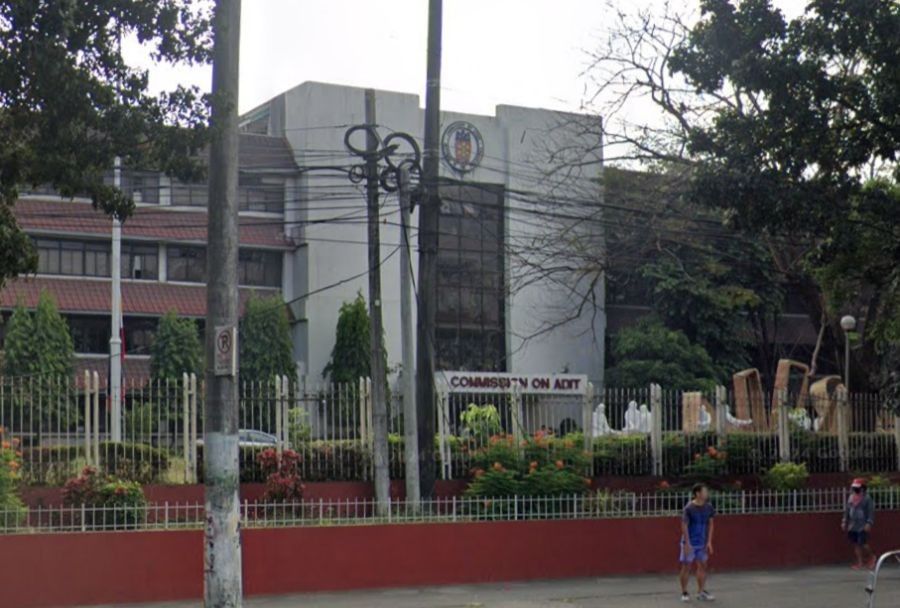Supreme Court reins in COA: Auditors cannot impose penalties

MANILA, Philippines — The Supreme Court ruled that the Commission on Audit (COA) cannot impose administrative penalties, reaffirming its role is limited to auditing and recommending actions, not punishing public officials.
In a decision released on September 18, the court overturned a COA disallowance against PhilHealth Region III officer Jess Biong. The ruling stressed that disallowances should require the return of lost funds, not fines or penalties.
"Absent any monetary loss, damage, or injury on the part of the government, the imposition of a fine or a penalty on the ground of misfeasance, nonfeasance, or malfeasance of a public officer is outside the scope of the COA's audit powers," the decision said, referring to the disallowance case.
"The COA cannot expand its audit powers so as to include the imposition of administrative penalties on erring public officers," it added.
What's a disallowance? A disallowance occurs when an audit disapproves a financial transaction, usually a disbursement, either in part or in full. COA has the power to issue disallowances to address costs deemed “irregular, unnecessary, excessive, extravagant, illegal, or unconscionable.”
Those responsible for disallowed transactions must return the amount involved.
The case
COA had issued disallowances to officials at PhilHealth Region III, including Biong, after identifying irregularities in payments to supplier Silicon Valley for printer inks and toners.
The issues involved delayed delivery, missing inspection reports and falsified withdrawal slips.
Despite these findings, COA required PhilHealth Region III to pay Silicon Valley since the supplies were received.
Auditors held Biong liable for "apparent and consistent negligence" as head of the services unit, noting his failure to catch the falsified documents and inventory discrepancies.
Biong appealed to the Supreme Court, claiming COA exceeded its jurisdiction and abused its discretion in upholding the disallowance.
The ruling
In granting Biong's petition, the Supreme Court acknowledged COA’s authority to disallow irregular expenses as stemming from its responsibility to prevent irregular use of public funds.
The court, however, stressed that disallowances apply only if violations occurred at the time of the transaction. If the violation occurred after the transaction, a disallowance is not appropriate. In Biong’s case, the court found the falsified withdrawal slips were irregular this happened after the transactions were completed.
Additionally, the court ruled that issues with office supply management were not a valid basis for a disallowance.
In a disallowance case, the focus is on compensating the government for any money it lost. But since PhilHealth Region III suffered no loss in its payments to Silicon Valley, Biong could not be held liable for reimbursement.
The court then criticized COA for imposing a penalty, which is outside its authority.
“evidently, the disallowances in the case were impelled by the COA's desire to punish petitioner Biong for his supposed 'apparent and consistent negligence' as the GSU Head—not to obligate the return ofthe amounts paid to Silicon Valley,” the decision stated.
- Latest
- Trending































